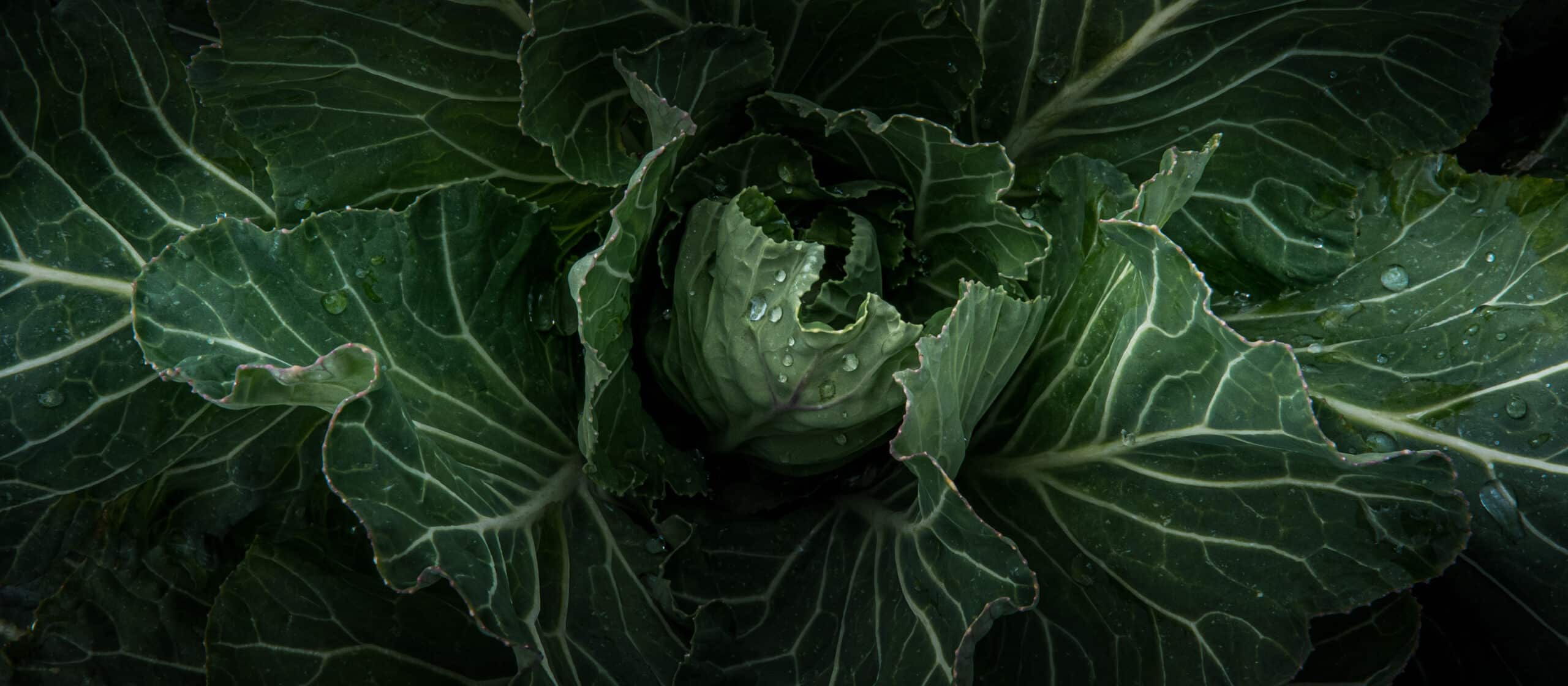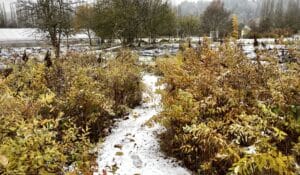
Happy World Wetland Day! How is the 21 Acres wetland weathering recent rains?
Happy World Wetland Day! How is the 21 Acres wetland weathering recent rains?
- posted on: February 4, 2021
- posted by: 21 Acres
"*" indicates required fields

This post was written by Jess Chandler.
This winter, we’re celebrating an essential ecosystem on the farm: Wetlands! February 2 is World Wetlands Day, a day to celebrate and protect these vital resources—particularly here in the Pacific Northwest.
Why wetlands?
You can see in this video that the rain events this winter are allowing our restored wetlands to thrive! Even though flooding can be inconvenient for humans, flooding is actually healthy, habitat-enriching process.
We’re restoring 5.7 acres of wetland on the 21 Acres property. Wetlands are ecological systems that help control flooding, replenish groundwater, stabilize shorelines, aid in nutrient cycling, control sediment, purify water, foster biodiversity, are culturally and historically important, and are a vital part of climate change mitigation.
Invasive species and restoration
Wetland ecosystem loss is a serious threat to our future. Pollution, development, loss of vegetation, artificial processes, salinity, and invasive plants all present challenges to preserving wetlands and their ecosystem services in the Pacific Northwest.
One of the invasive species we combat on the farm is reed canary grass. In the video above, you’ll see how reed canary grass damages the healthy flow of water on our farm. At this time of year and with the storms we’ve been seeing, we should be having a much higher water flow through the stream that we share with Viva Farms at the south edge of 21 Acres. But the reed canary grass prevents water from reaching designated waterways (like the Sammamish River behind our property, which is a habitat for salmon populations) and farms can experience more flooding in places where we want to grow crops.
Invasive species management is an important part of any regenerative and agroecological farm management practice. On campus at 21 Acres, our wetlands are in various stages of restoration. If you’re interested in learning more, join one of our free farm tours.
Wetland restoration is a farming practice
21 Acres and the Sammamish Valley APD (Agricultural Production District) is on Duwamish and Coast Salish lands and is a historic wetland. From the beginning of agricultural production, wetlands have been recognized as valuable agricultural land due to their fertile soils and proximity to waterways. In this region, much of our food is grown on converted wetlands and while many of these changes are permanent, there are ample opportunities to work with native ecosystems to both grow food and create habitat.
One tenet of a resilient farm is working with natural systems to foster ecosystem services—benefits that the environment provides to humans without even trying! Here are a few examples of the ways that wetlands help our farm be more sustainable, dynamic, and resilient through ecosystem services:
- Healthy wetlands provide habitat for beneficial birds and insects that help manage harmful pests on a farm that doesn’t use pesticides.
- Wetlands are one of the most biodiverse ecosystems on the planet. They allow native plants to flourish.
- With the wide diversity of plants, wetlands have the potential to keep carbon dioxide out of the atmosphere.
- Wetlands control seasonal farm flooding. A healthy hydrology management system—on our farm, wetlands are a big part of it—can help direct floodwaters away from farm production fields and into wetlands.
- Wetlands can provide a natural water filtration buffer. We have wetlands between the roads and our production fields—partly because that’s where they naturally formed!—but they also help prevent contaminants from reaching our food.
Here’s what a happy wetland looks like! Due to staff and dedicated volunteers who are committed to the ongoing work of restoring this wetland, it’s flourishing with the recent rains. Irises, rushes, and more native plants love staying in water for several months of the year!
Supporting healthy, functioning wetlands like these means that we are ultimately supporting healthy farms and healthy water ways for our communities. Wetlands are climate solutions in action! It’s important we continue to steward these vital resources. If you want to learn more about wetlands, join us on one of our free farm tours.
About Jess Chandler
Jess is the Landscape and Restoration Specialist here on the 21 Acres campus. Jess works to improve the health of ecological systems on campus and find harmony between the built environment, farmland and the greater landscape. You might see Jess using her green thumbs to plant, remove invasives, propagate, and lead volunteer groups. Jess is a UW graduate of Landscape Architecture and has worked in horticulture for ten years.










 back to blog overview
back to blog overview








